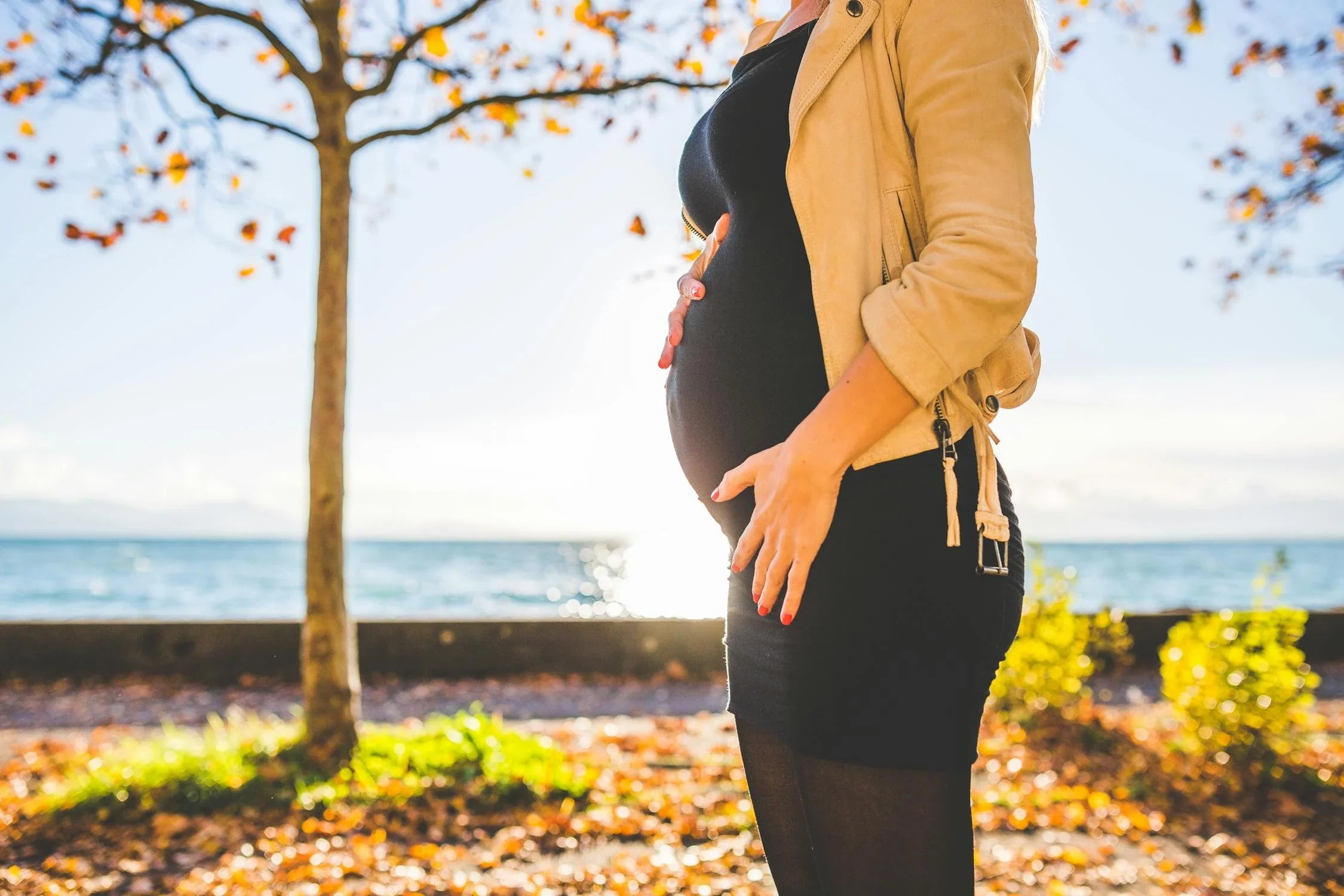Home
Pregnancy, Breastfeeding, and Pumping: The Ultimate Guide for Moms
Can Two Pregnancy Tests Be Wrong? Exploring the Possibilities

Can Two Pregnancy Tests Be Wrong? Exploring the Possibilities
When it comes to confirming a pregnancy, the stakes are high, and the accuracy of the test results is paramount. Many women rely on home pregnancy tests for quick and private answers, but what happens when two tests give conflicting or incorrect results? Can two pregnancy tests be wrong? This article delves into the factors that can affect the accuracy of pregnancy tests and provides insights into how to interpret the results correctly.
Understanding How Pregnancy Tests Work
Pregnancy tests detect the presence of human chorionic gonadotropin (hCG), a hormone produced by the placenta shortly after a fertilized egg attaches to the uterine lining. Most home pregnancy tests are designed to detect hCG in urine, and they come in various formats, including strips, midstream tests, and digital tests. The sensitivity of these tests varies, with some able to detect lower levels of hCG than others.
Factors That Can Lead to Incorrect Results
While pregnancy tests are generally reliable, several factors can lead to incorrect results. These include:
- Testing Too Early: If you take the test too soon after conception, the hCG levels may not be high enough to be detected, resulting in a false negative.
- Improper Use: Not following the instructions carefully, such as using an expired test or not waiting the recommended amount of time, can lead to inaccurate results.
- Medications and Medical Conditions: Certain medications, such as those containing hCG, and medical conditions like ovarian cysts or certain types of cancer, can affect the test results.
- Evaporation Lines: Sometimes, an evaporation line can be mistaken for a positive result, especially if the test is read after the recommended time frame.
Can Two Pregnancy Tests Be Wrong?
Yes, it is possible for two pregnancy tests to be wrong, especially if the same factors that affect one test are present for both. For example, if both tests are taken too early or if both are used incorrectly, they may both yield false negatives or false positives. Additionally, if both tests are from the same batch or brand, they may share the same sensitivity levels or potential manufacturing defects, increasing the likelihood of both being wrong.
How to Ensure Accurate Results
To minimize the chances of incorrect results, consider the following tips:
- Wait for the Right Time: Wait until after you have missed your period to take the test, as this increases the likelihood of detecting hCG.
- Follow Instructions Carefully: Read and follow the instructions provided with the test to ensure proper use.
- Use a Second Test: If you receive a positive result, consider taking a second test a few days later to confirm. If you receive a negative result but still suspect you might be pregnant, wait a few days and test again.
- Consult a Healthcare Professional: If you are unsure about the results or if you receive conflicting results from multiple tests, consult a healthcare professional for a blood test, which is more accurate than a urine test.
Interpreting the Results
Interpreting the results of a pregnancy test can sometimes be confusing, especially if the lines are faint or if there is an evaporation line. It's important to read the test within the recommended time frame and to understand what a positive or negative result looks like according to the test's instructions. If you are unsure about the results, it's always best to seek professional advice.
Emotional Impact of Incorrect Results
Receiving incorrect results from a pregnancy test can have a significant emotional impact, whether you are hoping for a positive or negative result. The uncertainty and confusion that can arise from conflicting or incorrect results can be stressful and overwhelming. It's important to approach the situation with patience and to seek support from loved ones or a healthcare professional if needed.
When to Seek Medical Advice
If you have taken multiple pregnancy tests and are still unsure about the results, or if you are experiencing symptoms of pregnancy but receiving negative test results, it's important to seek medical advice. A healthcare professional can perform a blood test, which is more sensitive and can detect lower levels of hCG, providing a more accurate result. Additionally, they can help rule out any underlying medical conditions that may be affecting the test results.
Understanding the factors that can affect the accuracy of pregnancy tests and knowing how to interpret the results correctly can help you navigate the process with confidence. While it is possible for two pregnancy tests to be wrong, taking the necessary precautions and seeking professional advice when needed can help ensure that you receive the most accurate results possible. Whether you are hoping for a positive or negative result, the journey to confirming a pregnancy is one that requires patience, understanding, and support.
Share

